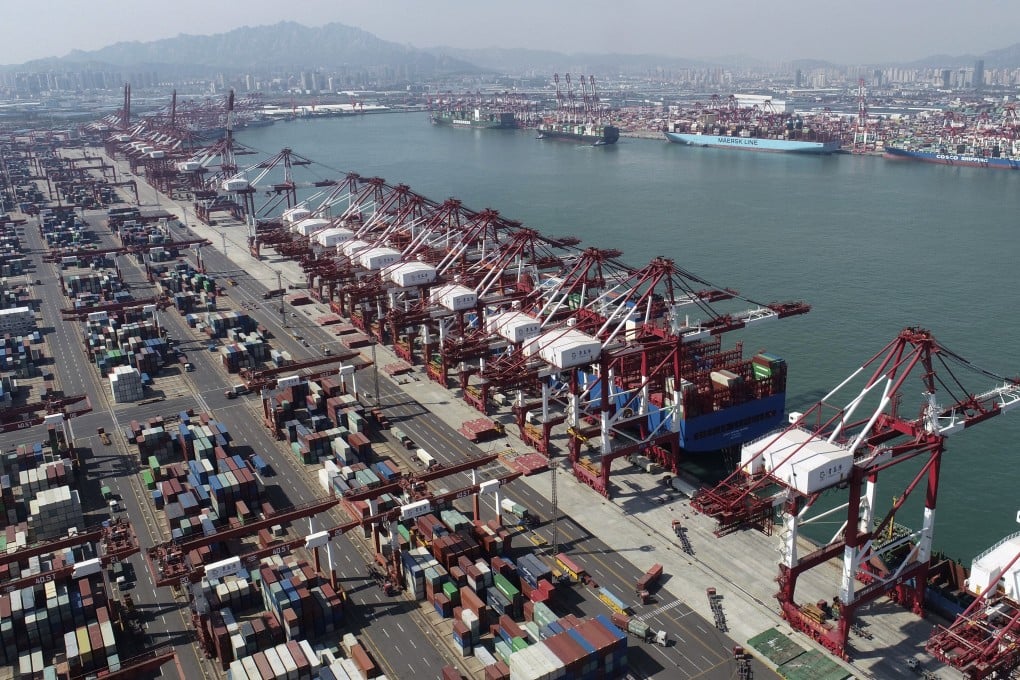Opinion | Beware of overestimating global economic recovery from coronavirus
- Despite some good news, many economies across the globe have flat or negative growth while central banks have fewer tools to respond than in 2008
- Governments have only one good option – further aggressive fiscal stimulus, ideally via targeted government expenditure that could spur private investment

Start with the good news. World merchandise trade has rebounded, consistent with indications of a revival in household demand for goods in many economies, even as public health restrictions and consumer concerns continue to hobble demand for services.
Moreover, financial markets have held up surprisingly well with stock markets in many countries returning to pre-pandemic levels. Despite near-zero interest rates, banking and financial systems seem largely stable. Consumer and industrial demand have buoyed commodity prices, with even oil prices having recovered somewhat.
As the latest Brookings-Financial Times Tracking Indexes for the Global Economic Recovery update shows, though, many economies are experiencing essentially no growth or are even contracting. With private-sector confidence depleted and the struggle to contain the virus far from over, the risks of substantial, long-lasting economic scarring are on the rise.

03:02
Phuket a 'ghost island' as Covid-19 pandemic keeps tourists away from Thai travel hotspot
This is true even in economies that have returned to growth, such as the United States. In some ways, the US seems to have turned the corner. Industrial activity and the labour market have regained some lost ground. The unemployment rate is falling and employment levels are up.
